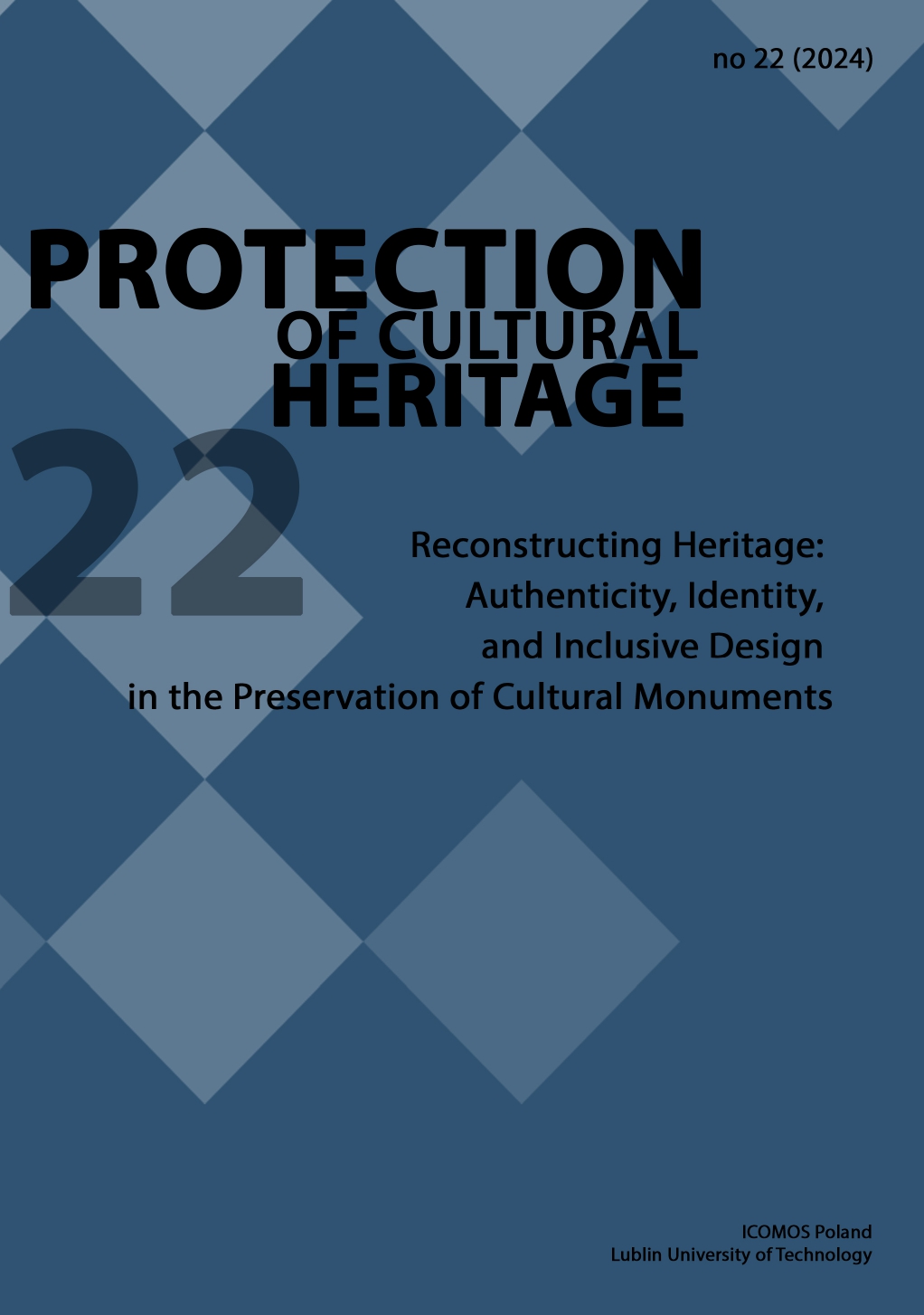Światowe Dziedzictwo w wieku 50 lat: polityka i praktyka – kluczowe osiągnięcia i główne wyzwania
Mechtild Rössler
Director of the UNESCO World Heritage Center (Niemcy)
Abstrakt
Konwencja Światowego Dziedzictwa z 1972 r. jest najbardziej uniwersalnym instrumentem prawnym w dziedzinie ochrony dziedzictwa, obejmującym 194 państwa-strony, ponad 1000 obiektów dziedzictwa naturalnego i kulturowego chronionych ze względu na ich wyjątkową uniwersalną wartość oraz dobrze utrwalony system monitorowania i sprawozdawczości. Dlatego z wielką przyjemnością świętuję osiągnięcia tej wyjątkowej Konwencji wraz z zainteresowanymi stronami.
Jednocześnie należy omówić i podjąć szereg wyzwań w zakresie polityki i praktyki, a ja podzielę się z Państwem moimi refleksjami z 30 lat pracy w systemie Światowego Dziedzictwa. Jest to również wyjątkowa okazja, aby spojrzeć z punktu widzenia Sekretariatu UNESCO, ale także jako badacz historii UNESCO i Światowego Dziedzictwa ostatnich dziesięcioleci.
Słowa kluczowe:
Konwencja Światowego Dziedzictwa, OUV, dziedzictwo, system, UNESCO, zabytki o światowym znaczeniuBibliografia
Bertacchini E., Liuzza C., Meskell L., Saccone D., The politicization of UNESCO World Heritage decision making The politicization of UNESCO World Heritage decision making. Public Choice, 2016, pp. 95–129, https://doi.org/10.1007/s11127-016-0332-9
DOI: https://doi.org/10.1007/s11127-016-0332-9
Google Scholar
Cameron Ch., Rössler M., Many Voices, One Vision: The Early Years of the World Heritage Convention, Farnham: Ashgate/Routledge, 2013.
Google Scholar
Day J. C., Heron S. F., Markham A., Assessing the Climate Vulnerability of the World’s Natural and Cultural Heritage, Parks Stewardship Forum 36, no. 1, 2020, pp. 144-53.
DOI: https://doi.org/10.5070/P536146384
Google Scholar
Rössler M., Hosagrahar J., Le programme des villes du patrimoine mondial de l’UNESCO. In : Mémoires urbaines. Coopérer pour protéger. Cahiers de l’Institut Paris Région, numéro 180, Paris 2022, pp. 94-99. https://www.institutparisregion.fr/fileadmin/NewEtudes/000pack3/Etude_2813/C180_web.pdf
Google Scholar
Larsen P. B., Logan W. (eds.), World Heritage and Sustainable Development: New Directions in World Heritage Management, Abingdon/New York 2018.
DOI: https://doi.org/10.4324/9781315108049
Google Scholar
Rössler M., World Heritage and reconstruction: An overview and Lessons Learn from the Bamiyan Valley, [in:] The Future of the Bamiyan Buddha Statues. Heritage reconstruction in Theory and Practice, M. Nagaoka (ed), UNESCO Springer, Cham 2020, pp. 99-111, https://www.springer.com/gp/book/9783030513153
DOI: https://doi.org/10.1007/978-3-030-51316-0_6
Google Scholar
Markham A., Osipova E., Lafrenz Samuels K., Caldas A., World Heritage and Tourism in a Changing Climate, Nairobi and Paris 2016.
Google Scholar
Meskell L., A Future in Ruins: UNESCO, World Heritage, and the Dream of Peace, New York 2018.
Google Scholar
Odiaua I.,Ndoro W., World Heritage and development: is UNESCO a barrier or facilitator and do African opinions matter?, [in:] Cultural Heritage Management in Africa, The Heritage of the Colonized, G. Okello Abungu, W. Ndoro (eds), 2022, pp. 173 -188.
DOI: https://doi.org/10.4324/9781003199144-12
Google Scholar
Von Schorlemer S., UNESCO-Weltkulturerbe und postkoloniale Diskurse. Eine völkerrechtliche Betrachtung, Baden Baden 2022.
DOI: https://doi.org/10.5771/9783748906032
Google Scholar
Ringbeck B.,Rössler M., Between international obligations and local politics: the case of the Dresden Elbe Valley under the 1972 World Heritage Convention, [in:] Denkmalschutz and Stadtentwicklung. Informationen zur Raumentwicklung, 3/4, 2011, pp. 205-211.
Google Scholar
Warsaw Recommendation on Recovery and Reconstruction of Cultural Heritage, [in:] The Challenges of World Heritage Recovery, M. Marcinkowska K. Zalasinska (eds), pp. 327-35. Warsaw 2019.
Google Scholar
UNESCO, The Operational Guidelines for the Implementation of the World Heritage Convention, 2021 https://whc.unesco.org/en/guidelines/
Google Scholar
Autorzy
Mechtild RösslerDirector of the UNESCO World Heritage Center Niemcy
Statystyki
Abstract views: 84PDF downloads: 95
Licencja

Utwór dostępny jest na licencji Creative Commons Uznanie autorstwa – Na tych samych warunkach 4.0 Miedzynarodowe.








